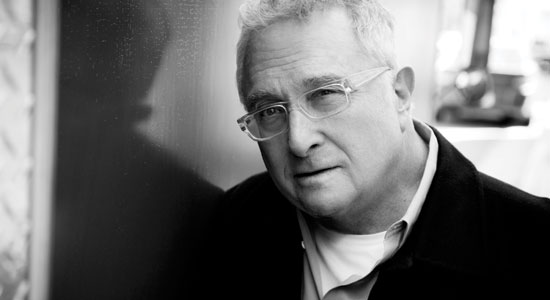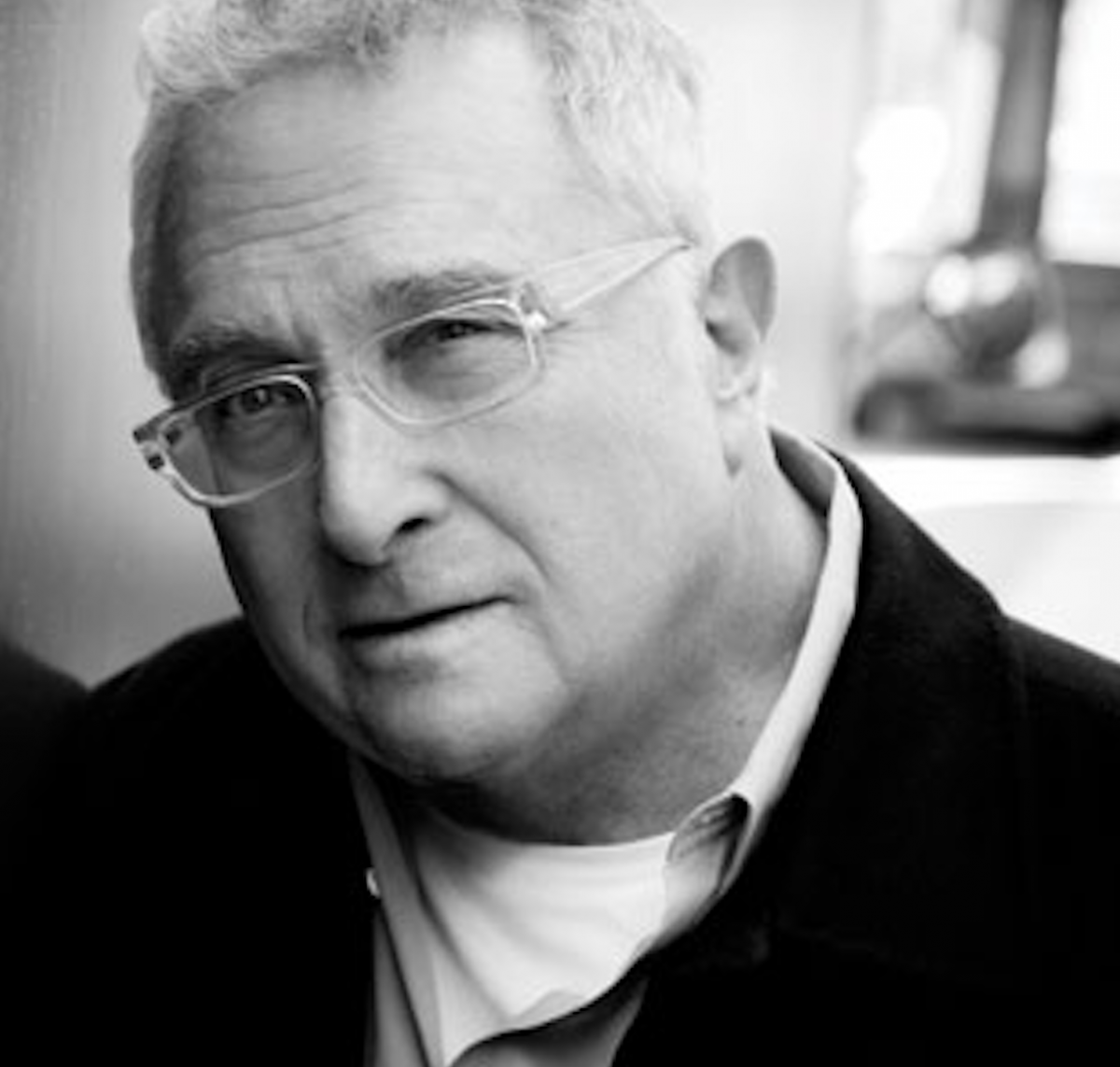
Maybe Randy Newman hasn’t released a conventional pop album (ever, to be frank) since 2008, instead focusing on composing and conducting film scores (2010’s Toy Story 3, 2013’s Monsters University, this year’s Cars 3), or dropping volumes of favorites and rarities such as The Randy Newman Songbook. So when a caustically comic LP with an odd wealth of family members, political figureheads (Putin, JFK, scientists debating climate change) and a new multivoiced sense of narrative—all steeped in moody jazz, gospel and carnival sounds—comes along via Dark Matter (Nonesuch), it’s cause for celebration. Yet, as with everything else at present, it all starts with Trump.
So I wake up to my usual diet of Breitbart and Huffington Post, and the first thing I see is lyrics to a song of yours: “My dick’s bigger than your dick/It ain’t braggin’ if it’s true/My dick’s bigger than your dick/I can prove it, too/There it is, there’s my dick/Isn’t that a wonderful sight?/Run to the village, to town, to the countryside/Tell the people what you’ve seen here tonight.” Now you’re part of the news cycle.
Yup. Because of my big mouth.
What I find interesting, though, is that you’re getting all this press over a song not on the new album. That’s weird marketing.
I wrote it, like, a year ago, when Trump was just talking about so much of that stuff implicitly. I didn’t think about it for a while, just sort of shuffled it away. There I was talking about my forgotten Trump tracks when somebody asked about its lyrics. I made the mistake of telling him.
Not having the Trump dick song on the album is an interesting brand of circumcision. Thinking about your Songbook series and the things you don’t include on albums, do you have a long backlog of unused songs? Or do you wait until you have to focus on a project to write?
Mainly the latter. I wait until I’m compelled or impelled to do so. I don’t have that many songs that I don’t use at that time, though some hang over. When I don’t finish a song, it’s usually for a very good reason.
I don’t want this to sound jejune, but you’ve sung through characters in thousands of your songs. What is the difference between placing yourself in the voice of a character for film music and what you’re doing on Dark Matter, where you’re creating dialogues or more than one voice?
When I’m working for a picture, there are usually many instructions to go with them. I get as many adjectives as I can. There’re the requests for fast, slow, rock, not rock, and I go from there. Plus, I want to see what’s up on the screen. With my album, I’m free to do what I want—I’m on my own—but having a narrative with two voices is new for me. You’re right there. I wasn’t sure it would work. I’m still not sure, though, if I think that it does. I mean, I‘m satisfied. I did it as well as I can do it. I don’t know if it’s a good idea or not. What did you think?
You did it quite effectively. I got that you had several distinct voices interacting with each other, including introducing or implicating yourself into the action. Why did you decide to change up your writing, go for that format or voice?
I really just wanted to push myself a bit. Do something new. Now that you mention it, I think that’s why I have the intrusion of myself in there, the mention of “Randy Newman.” That’s something that I never thought I would do. The way I work is to write myself out of things. Clearly, though, on a song like “The Great Debate,” this “me” is on the same side the audience is on. You said it—I’ve put myself in characters a thousand times before, and I’ll do it a thousand times more if I last long enough.
Is it hard to be funny and cruel at a time when everything else in the real world is funnier and crueler?
Yeah, it is harder. You can’t compare it, though, as it’s a different part of the brain. Every day, there’s something unbelievable happening.
We could look at 1974’s Good Old Boys, 2008’s “A Few Words In Defense Of Our Country” or new songs such as “Putin” or “Brothers.” You don’t do a lot of directly political songwriting, but when you do, you do. What is the line you want to cross? What grips you about the Kennedys or Putin?
What interested me about the Kennedy thing is the image of the big brother teasing the little brother. I wanted to—by exaggeration—trivialize what some of the reasons may have been that they invaded another country. Once I was in, I was in. You’re a writer—you know how that is—how one thing engenders the other, then the next. I could speak to the end of that before I write it. That happens sometimes. Fairly quickly, I knew that I was going to the White House. Mainly, it was the story of the older and the younger … making fun of each other. “Putin” I set out to write because I was trying to understand that whole shirt-off thing. I mean, he’s the most powerful man in the world, maybe the richest man in the world. It also seems as if he has to be Tom Cruise as well: the handsomest man in the world, too.
Most writers only want to discuss your lyrics, but sonically/melodically, how are you choosing your palette? What is that process like, finding the right tone?
No one does ask me about my music, so thank you for that.
—A.D. Amorosi






